Please do not block ads on our site. Clicks on ads help us exist, grow and become more useful for you!
Calculation of a Water Heater Tank for DHW
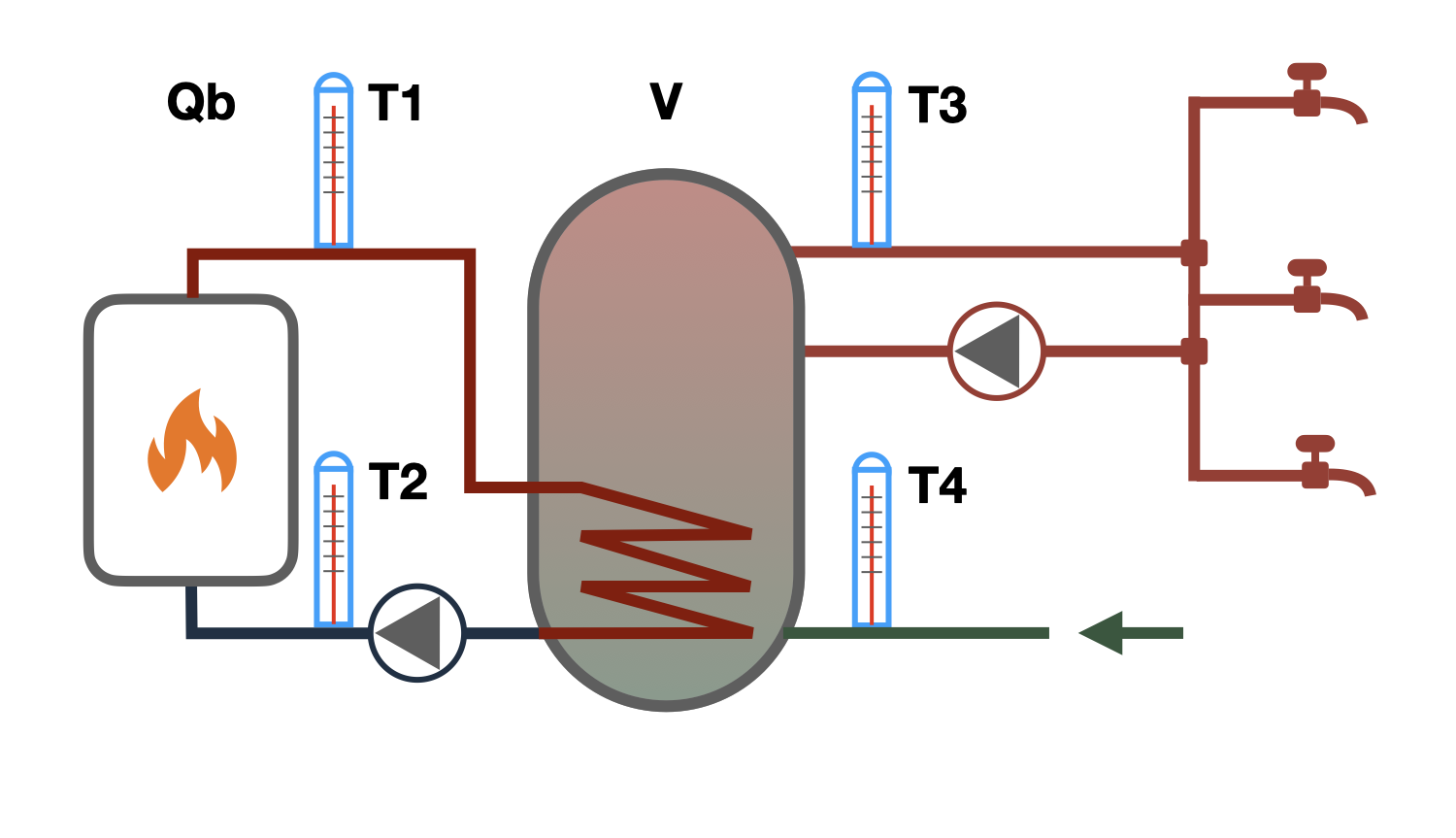
Calculating Water Heater Tank Parameters
Calculating the parameters of a water heater tank can be approached in two ways. One method involves specifying the stored water volume and calculating the power of the heat source and heat exchanger. The alternative method calculates the volume of the storage water heater needed to accumulate heat produced by a source with specific power over a defined period.
Irrespective of the calculation method, it's crucial to recognize that water's ability to store heat is characterized by its heat capacity, which is 4.187 kJ kg/°C. This means supplying 4.187 kJ (1 kcal or 1.163 W) of heat to raise the temperature of one kilogram of water by 1 degree. For instance, a 1000-liter storage water heater heated to 50 degrees requires 50,000 kcal, equivalent to 0.05 Gcal or 58 kWh.
The heat exchanger's power is influenced by the heat transfer coefficient and temperature difference between the heated and heating water. Since the heat transfer coefficient is specific to each exchanger, there's no universal formula; it's advisable to choose based on technical characteristics in water heater specifications.
Selecting Water Heater Tanks
Selecting the water heater tank, depending on the application scheme, involves various techniques. Some key considerations during selection include:
- Adjusting the tank volume based on the difference between peak and average hourly heat consumption.
- Matching the heat exchange device's power with the peak heat input, considering duration.
- Recognizing that scale formation on the heat exchanger over time increases the heating time of the storage tank.
- Ensuring the boiler power equals or exceeds the heat exchanger power in the storage water heater.
- Accumulating heat from at least one loading of a solid fuel boiler for water heaters connected to it.
- Choosing the boiler power for houses with low heating demand based on a tank heating time of 30 to 45 minutes.
- Minimizing the frequency of boiler operation and heating system interruptions when using one boiler for both heating and hot water.
question : comment : feedback
 Online Equipment calculations
Online Equipment calculations
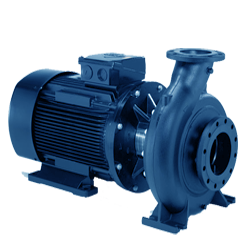
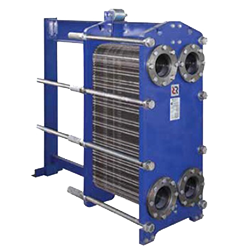
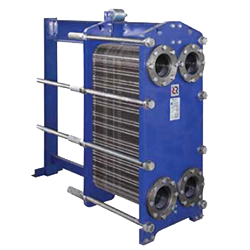
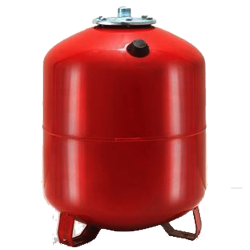

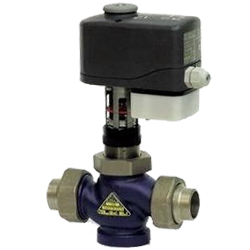


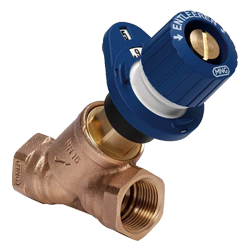



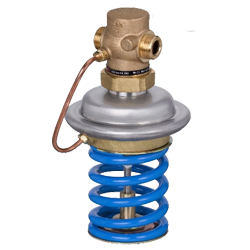
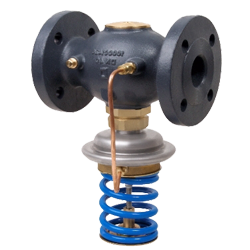
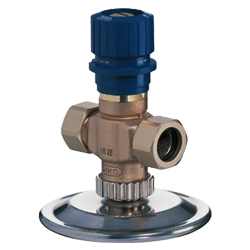
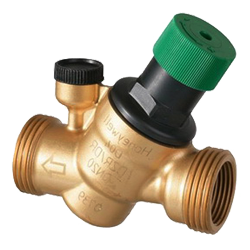


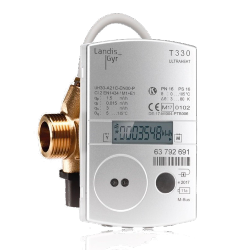
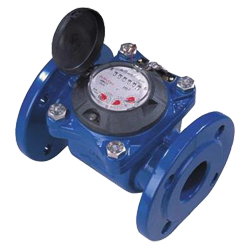

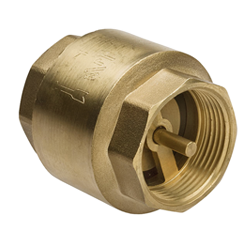
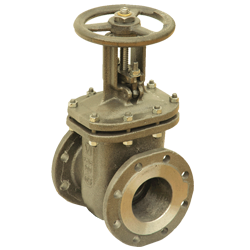



 EXAMPLE
EXAMPLE









